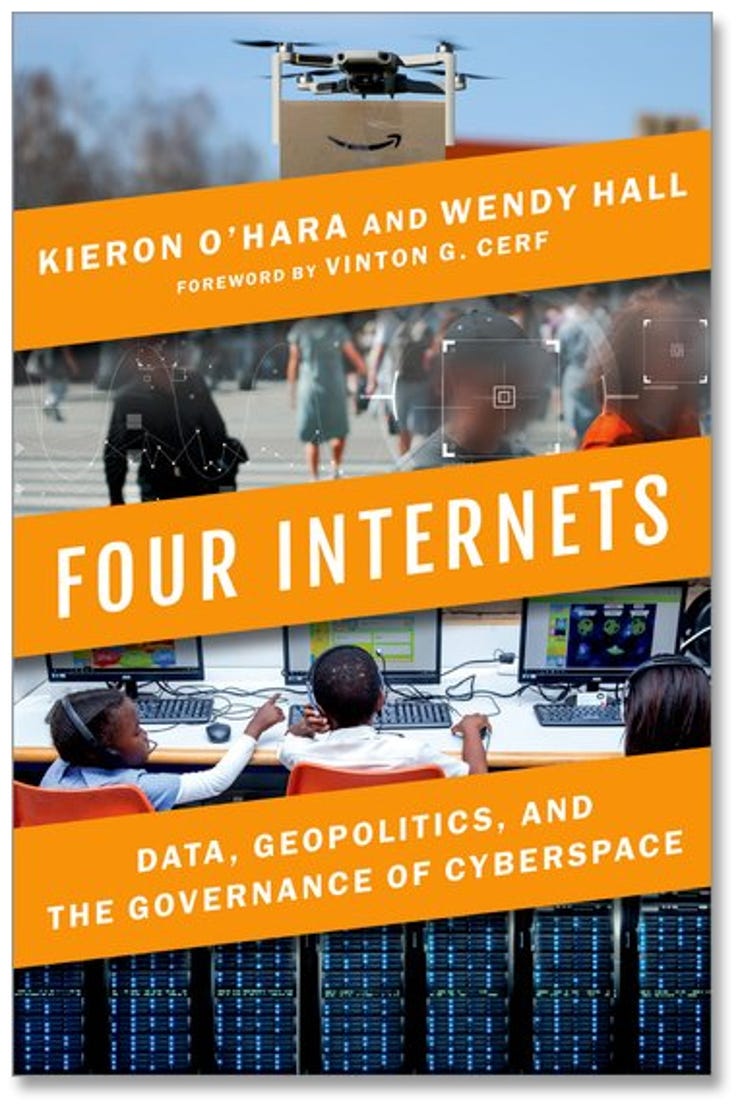'ZDNET Recommends': What exactly does it mean?
ZDNET's recommendations are based on many hours of testing, research, and comparison shopping. We gather data from the best available sources, including vendor and retailer listings as well as other relevant and independent reviews sites. And we pore over customer reviews to find out what matters to real people who already own and use the products and services we’re assessing.
When you click through from our site to a retailer and buy a product or service, we may earn affiliate commissions. This helps support our work, but does not affect what we cover or how, and it does not affect the price you pay. Neither ZDNET nor the author are compensated for these independent reviews. Indeed, we follow strict guidelines that ensure our editorial content is never influenced by advertisers.
ZDNET's editorial team writes on behalf of you, our reader. Our goal is to deliver the most accurate information and the most knowledgeable advice possible in order to help you make smarter buying decisions on tech gear and a wide array of products and services. Our editors thoroughly review and fact-check every article to ensure that our content meets the highest standards. If we have made an error or published misleading information, we will correct or clarify the article. If you see inaccuracies in our content, please report the mistake via this form.
Four Internets, book review: Possible internet futures, and how to reconcile them


Four Internets: Data, Geopolitics, and The Governance of Cyberspace • By Kieron O'Hara and Wendy Hall • Oxford University Press • 342 pages • ISBN: 978-0-19-752368-1 • £22.99
The early days of the internet were marked by cognitive dissonance expansive enough to include both the belief that the emerging social cyberspace could not be controlled by governments and the belief that it was constantly under threat of becoming fragmented.
Twenty-five years on, concerns about fragmentation -- the 'splinternet' -- continue, but most would admit that the Great Firewall of China, along with shutdowns in various countries during times of protest, has proved conclusively that a determined government can indeed exercise a great deal of control if it wants to.
Meanwhile, those who remember the internet's beginnings wax nostalgic about the days when it was 'open', 'free', and 'decentralised' -- qualities they hope to recapture via Web3 (which many argue is already highly centralised).
The big American technology companies dominate these discussions as much as they dominate most people's daily online lives, as if the job would be complete after answering "What's to be done about Facebook?". The opposition in such public debates is generally the EU, which has done more to curb the power of big technology companies than any other authority.
In Four Internets: Data, Geopolitics, and The Governance of Cyberspace, University of Southampton academics Kieron O'Hara and Wendy Hall argue that this framing is too simple. Instead, as the title suggests, they take a broader international perspective to find four internet governance paradigms in play.
These are: the open internet (which the authors connect with San Francisco); the 'bourgeois Brussels' internet that the EU is trying to regulate into being via legislation such as the Digital Services Act; the commercial ('DC') internet; and the paternalistic internet of countries like China, who want to control what their citizens can access.
You can quibble with these designations; the open internet needed many other locations for its creation besides San Francisco, but the libertarian Californian ideology dominated forward thinking in that period. And where I, as an American, see Big Tech as creatures of libertarian San Francisco, it's in Washington DC that their vast lobbying funds are being spent. Without DC's favourable policies, the commercial internet would not exist in its present form. O'Hara and Hall are, in other words, talking policy and ethos, not literally about who created which technologies or corporations.
Much of the book outlines the benefits and challenges deriving from each of these four approaches. Each provokes one or more policy questions for the authors to consider in the light of the four paradigms, and emerging technologies that may change the picture. A few examples: how to maintain quality in open systems; how to foster competition against the technology giants; whether a sovereign internet is possible; and when personal data should cross borders. None of these issues are easy to solve, and authors don't pretend to do so.
"This is not a book about saving the world," O'Hara and Hall write. Instead, it's an attempt to provide the background and understanding to help the rest of us find workable compromises that take the best from each of these approaches. Compromise will be essential, because the authors' four internets are not particularly compatible.
RECENT AND RELATED CONTENT
Brazil bans Telegram over unresponsiveness around tackling disinformation
OMB's Zero Trust strategy: Government gets good
Cybersecurity 101: Protect your privacy from hackers, spies, and the government
Chinese tech companies must undergo government cyber review to list overseas
Chinese government declares all cryptocurrency transactions illegal
Read more book reviews
- Cogs and Monsters, book review: Retooling economics for a digital world
- A Biography of the Pixel, book review: The life and times of 'digital light'
- Don't Look Up, movie review: Smart, funny and depressing
- Book review roundup: Five titles to keep you informed and entertained this holiday period
- Kings of Crypto, book review: How Coinbase helped to reshape the future of finance